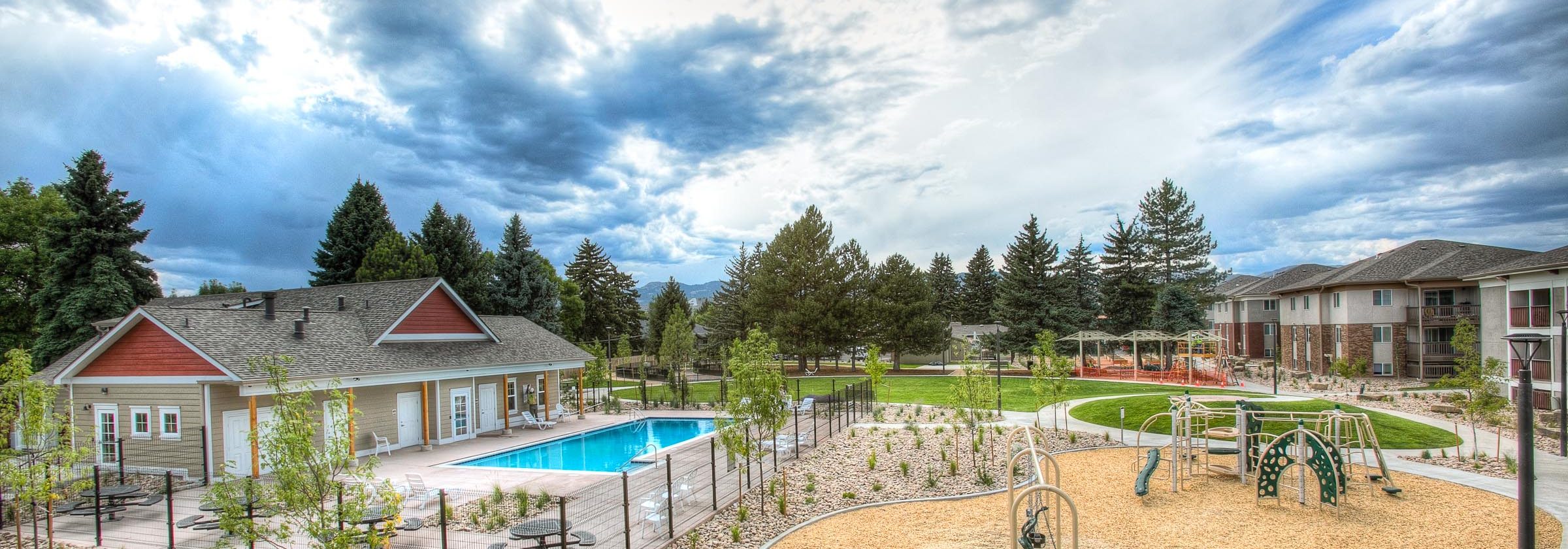
Over the last couple of months, in my “Letter from the ED” I’ve leaned pretty heavily on a couple of surprising statistics about the relationship between public safety and city planning.
The first, in my September letter, was a traffic fatality study by the National Safety Council that connected the sharp increase in traffic fatalities in the US over the past few years with an increase in the total miles traveled by private vehicles (VMT). The study concluded that the primary culprits in increasing VMT (and therefore in the fatality rate) are a) inadequate public transit options and b) lack of affordable housing near job centers, forcing more and more of the workforce to live further from jobs.
The second, even more troubling report, was in my letter from October, stated bluntly that rural Americans are more likely to die a violent death than urbanites. Why? because traffic crashes are a greater public safety threat than violent crime- by a significant amount, it turns out.
Let’s add to that another interesting and probably surprising fact about housing. An article from CityLab in 2013 that relies heavily on EPA studies concluded that conventional building in an urban transit oriented setting is more sustainable than green building in low density suburban settings. Green sprawl is still sprawl, in other words.
Transportation accounts for nearly a third of greenhouse gas emissions and that number is growing steadily, aligned, like traffic safety, with VMT. It’s also true that the cost of owning and maintaining private vehicles is a disproportionate burden on low income residents even before you factor in the fact that affordability increasingly requires longer commutes.
As a city and a region, our commitment to affordable housing is paltry. And without a serious course correction, we are facing an unsustainable future of increased sprawl, pollution, congestion, and social segregation.
With this in mind, it seems to me imperative to support any effort to create neighborhoods that integrate affordable housing, especially those that do so in a way that encourages more responsible, medium density land use and provide incentives and proximity to sustainable transportation networks.
The Fort Collins Housing Authority has been the driving force for affordable housing in Fort Collins. Serving thousands of residents by offering housing choice vouchers, public housing, individual rooms, and affordable housing projects. The proposed Village at Horsetooth is one such affordable housing project.
At a recent public hearing, the Horsetooth project faced vocal opposition from a small group of neighbors citing unfounded concerns about property values and, most egregiously and deplorably, decrying the supposedly negative impact of poor kids on neighborhood schools. Students “from non-professional households (in a classroom) bring… down the expectations of excellence,” according to one neighbor.
We believe, strongly, that there is no path to a people-first, age-friendly, bike-safe future for Fort Collins that does not include a strong commitment to affordable, inclusive, transit oriented neighborhoods, and we believe that the Village on Horsetooth advances this goal admirably. To that end, we will be in attendance at the project’s Planning & Zoning hearing on October 13th at 6PM at City Hall, to support this and all efforts at building a sustainable, inclusive and affordable future.
If you’re interested in joining us, below are some specific talking points provided by the FCHA. If you have questions or concerns, drop me a note at chris.johnson@bikefortcollins.org. If you are unable to join us but want to show your support, send your letter to cfrickey@fcgov.com.
I hope to see you Thursday.
Chris J Johnson
Executive Director
Bike Fort Collins
The Purpose & Need for this Project
- Affordable housing is a significant issue in our community.
- There is an acute need for more affordable rentals. Long term rentals are scarce and affordable options are extremely limited.
- The damage and destruction of homes caused by recent years of fires and floods, combined with an already strained rental market and high home prices, has caused serious problems for the Fort Collins area.
- The Village on Horsetooth will address this critical need with 96 new units of affordable rental housing.
Well-Planned Community
- This housing community fits well with the City’s plans, policies and zoning regulations.
- It includes a combination of 1, 2, 3 and 4 bedroom apartments with a large community green space with walking paths, clubhouse, playground, and an enclosed dog run.
- It is the first community in Fort Collins to be designed in conjunction with the Safe Routes to Schools program.
Location
- The LMN Zoning allows for multi-family housing, and the proposed 12 units/acre development complies with the density standards.
- The site is located within a healthy and stable neighborhood with schools, parks, retail, and services nearby.
- Regular bus service is less than one block away.
Building Design
- This is a high quality project that fits in well with the surrounding area.
- Building scale, height, and density are compatible with the neighborhood.
- The architecture reflects a traditional community with attractive amenities and features.
Affordable Housing for Lower-Income Residents
- The Village on Horsetooth will provide mixed-income, affordable housing.
- 100% of the units will be affordable to residents earning 60% of AMI ($46,920 for a 4-person household) or less.
Community Process
- FCHA has exceeded the City’s requirements for community involvement.
- FCHA reached out to neighbors well beyond the required notification area of 800 feet, electing to extend notification to nearly 3,000 feet for all meetings. This area included over 1,000 properties.
- FCHA hosted a Neighborhood Meeting early in the process to gather feedback for the site layout and design.
- They held a second meeting after incorporating community feedback into the design. FCHA made more than 12 revisions to the development based on neighborhood input.
- The process has been transparent, inclusive and successful.
Fort Collins Housing Authority
- FCHA will create a high-quality community, manage a well-run property, and keep their promise of supporting strong, safe neighborhoods.
- FCHA is a responsible and reputable property owner and manager.
- They manage more than 1,000 housing units in Fort Collins and have won awards for their excellence in design and sustainability.
